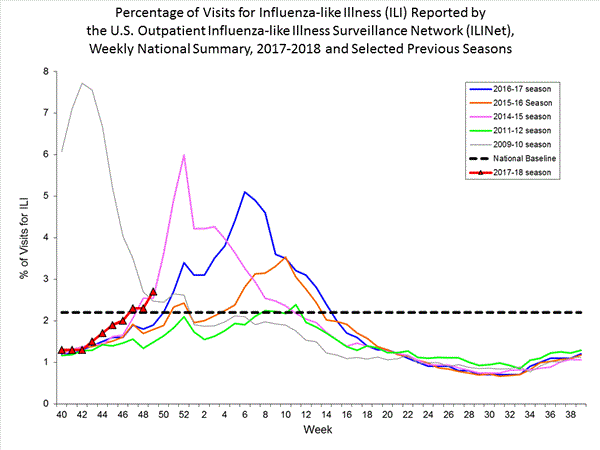I have a breathtakingly difficult confession to make. A confession that on its face seems rather innocuous but in many ways shakes the foundations of who I always thought I was, and how I identify myself.
I no longer love being a physician.
There -- I said it. I winced even as I strung the words together to write the sentence. You see, to admit this is almost inconceivable. So much of who I was and who I have become is enmeshed in this intricate quilt of a profession. I view most every aspect of my life through this lens.
How could I not? Wanting to be a doctor is the first cognition I can recall from childhood. A childhood marked by a learning disability which brought into contention the idea of being a professional at all. A childhood in which a father's death became a precursor, a foreshadowing of who I was fated to become. I would follow in my father's footsteps. I would finish the work that was prematurely wrenched from his clutches. There was never a question whether I would succeed. The calling was too great, the pull too strong.
To deny my profession is to deny my father's legacy and to deny my own reflection.
Yet, here I stand. It didn't happen all at once. Medical school was difficult and time-consuming, but it didn't happen there. Residency was strenuous and terrifying, but it didn't happen there. My first days as an attending were grueling and sometimes awful, but also energizing.
I suppose the change happened sometime after we started using electronic medical records. It happened with meaningful use. And MACRA. And Medicare audits. And ICD-10. And face-to-face encounters. And attestations. And PQRS. And QAPI. And the ACA.
What I do today is no longer practicing medicine. Instead it's like dancing the waltz, tango, and salsa simultaneously to a double-timed techno beat. It's sloppy, rushed, unpleasant to look at, and often leaves my partner more confused and anxious than when we started.
I have become ineffective. Not by the weight of ever-expanding medical knowledge or even the complexity of the human body. Instead, my hard drive is being spammed by thousands of outside servers.
But make no mistake, I'll never leave. My love for taking care of people is unwavering.
As for the joy and utter exhilaration of what used to be -- frankly, it's all been legislated out.

